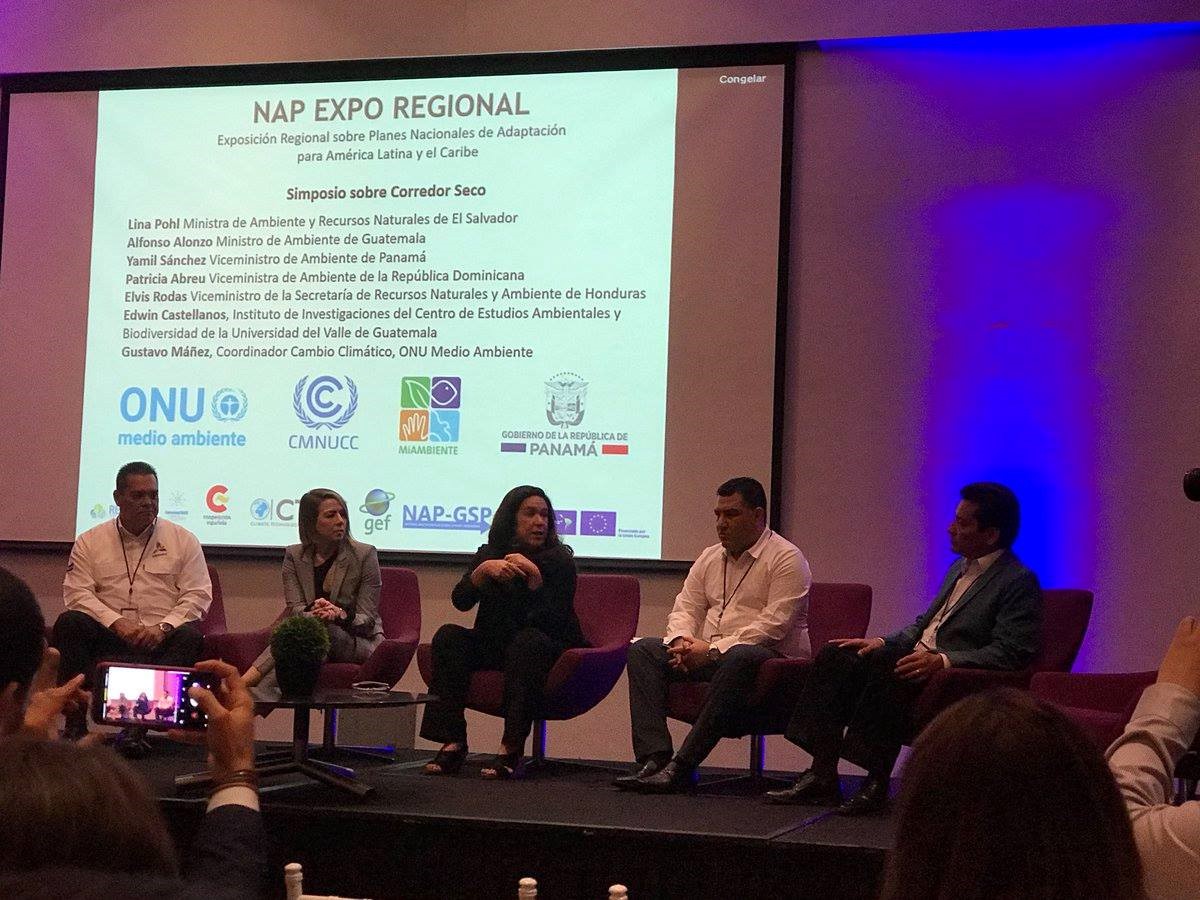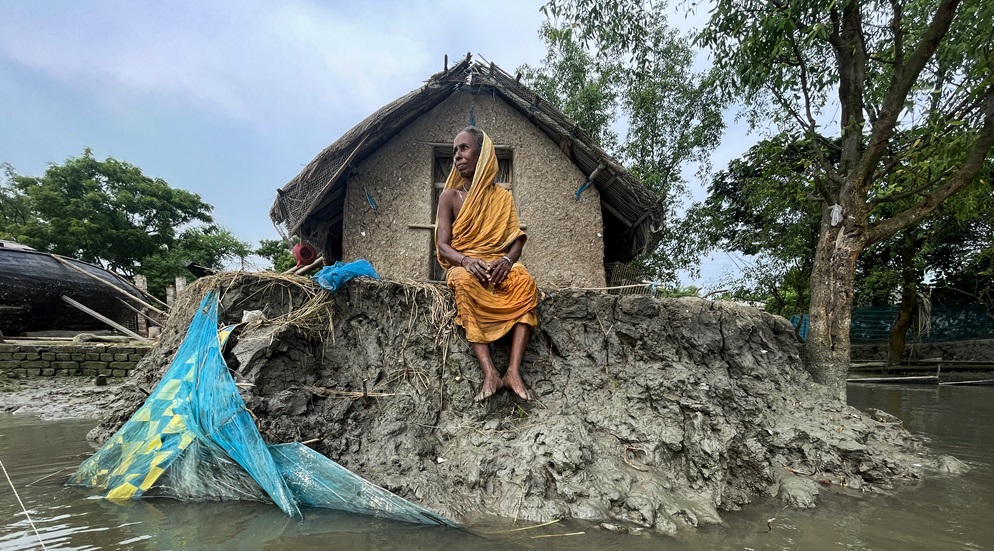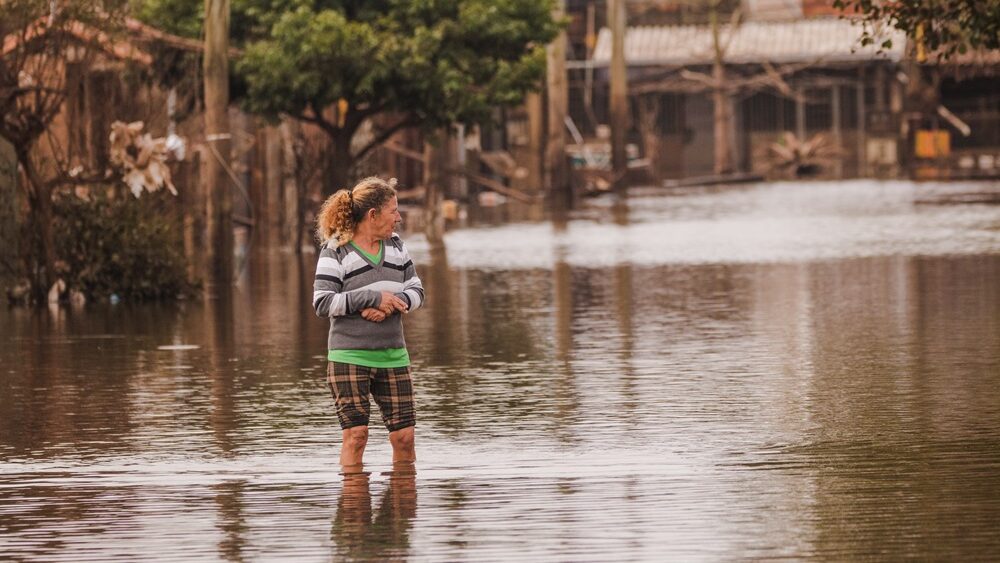By Juan Carlos Méndez, Regional Advisor with the Platform on Disaster Displacement
Two weeks after the Special Report on Global Warming of 1.5°C was released by the Intergovernmental Panel on Climate Change (IPCC) in South Korea, Central American Ministers of Environment gathered in Panama to discuss its findings. The report, alongside growing national concerns, lead them to call for increased awareness on the need to implement adaptation measures to address the challenges of human mobility in the context of the adverse effects of climate change, in a region highly exposed and vulnerable to this phenomena.
This call for action, convened by the Central American Commission on Environment and Development (CCAD), came at a time when the major global frameworks on disaster risk reduction, climate change action and migration have already integrated language and different aspects of human mobility and its relationship to environmental change, including land degradation, sea level rise and coastal erosion. Recent studies by the International Organization for Migration (IOM) and the World Food Program (WFP) have shown a direct link between changes in weather patterns in the ‘dry corridor’ in Central America and migration trends in recent years.
Nonetheless, little has been achieved in terms of the inclusion of human mobility considerations into national adaptation plans and/or regional strategies on climate change. The last Regional Strategy on Climate Change dates back to 2010 and although it includes a few timid references to the impacts of changes in the environment as potential triggers to migration, there has been minimal development in this area.
In May this year, Ministers began to update and harmonize this regional strategy in light of other global frameworks. Such revision represent a ‘golden opportunity’ for countries in the region to develop integrated approaches to avert, minimize and address displacement and migration related to the adverse impacts of climate change, as stated in the decision from the 2015 United Nations Climate Change Conference in Paris.
Central America, as one of the most vulnerable regions in the world to the adverse effects of climate change, should anticipate and start serious discussions on how to enhance cooperation schemes in relation to human mobility, including migration as an adaptation strategy and planned relocation. To ensure that issues of human mobility remain visible and addressed in the upcoming climate negotiations and at the Intergovernmental Conference to Adopt the Global Compact for Safe, Orderly and Regular Migration and across regional policy areas, the Platform on Disaster Displacement, along with other stakeholders, stands ready to provide technical support on this topic, sharing evidence, analysis and policy guidance.





